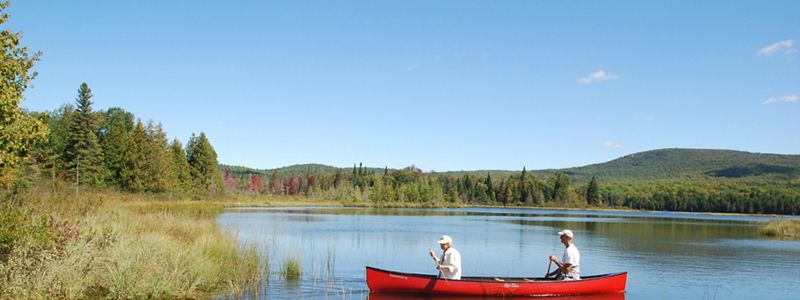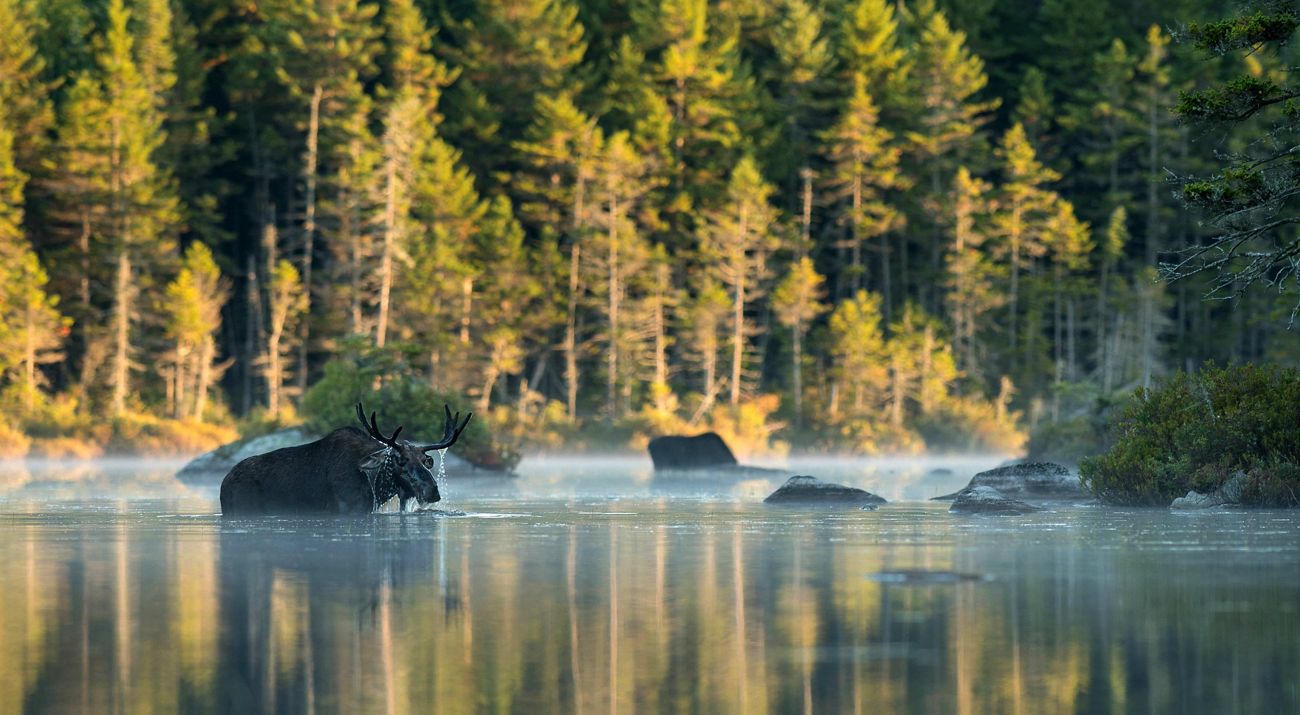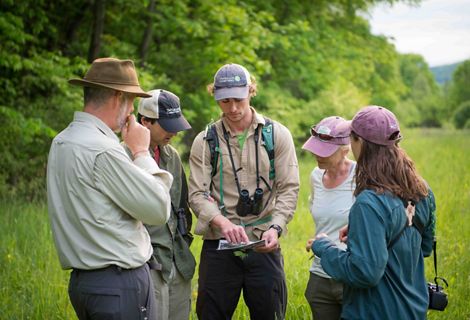Help us Make a Difference for People and Nature in Vermont
When you donate today, you will help ensure a thriving natural environment for future generations of Vermonters. Over the past 60 years, we have been working to conserve some of the most stunning places in VT. We have protected over 300,000 acres in Vermont, and have the privilege of stewarding 58 natural areas across the state.
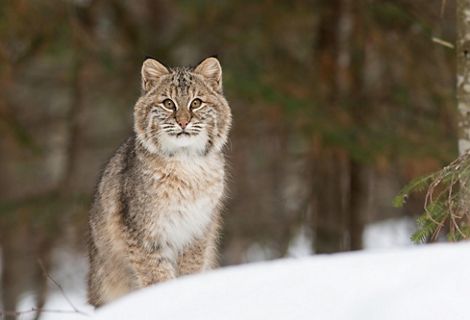
Biodiversity in Vermont
The health of people and communities is inextricably intertwined with the health of nature. Learn about our work in Vermont to protect biodiversity.
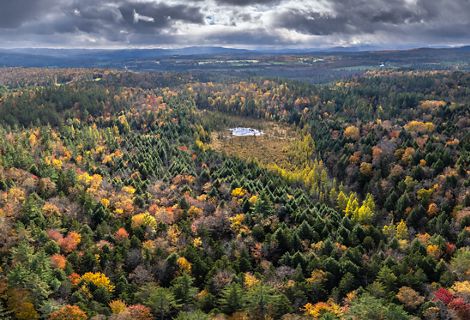
Vermont Biodiversity Protection Fund
TNC Vermont's new grant program supports conservation projects in priority regions across the state.
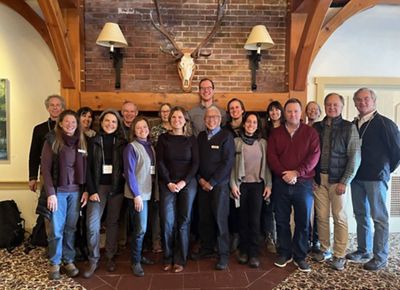
Vermont Board of Trustees
Meet the Board of Trustees for The Nature Conservancy in Vermont. These leaders demonstrate outstanding personal commitment to promote our mission and goals.
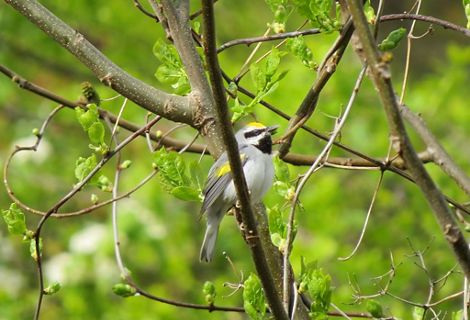
See the Places We Protect in Your Community
The Nature Conservancy owns and manages over 55 natural areas around the Green Mountain State. Get outside and explore today!
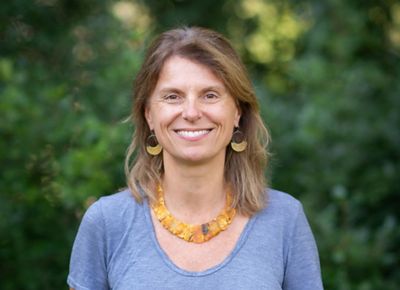
Read Our State Director's Blog
Stay up to date with VT's State Director Eve Frankel's blog and commentary on all things conservation.
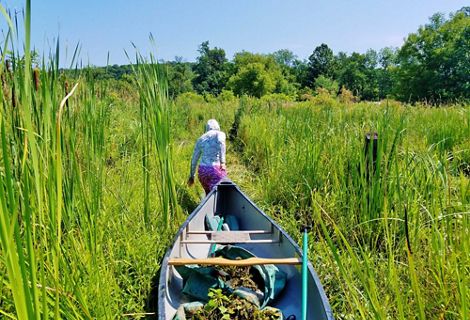
Volunteer in Vermont
We get by with a little help from our friends! Our volunteers help us steward the most ecologically unique landscapes of Vermont.
We Can’t Save Nature Without You
Sign up to receive monthly conservation news and updates from Vermont. Get a preview of Vermont's Nature News email.
